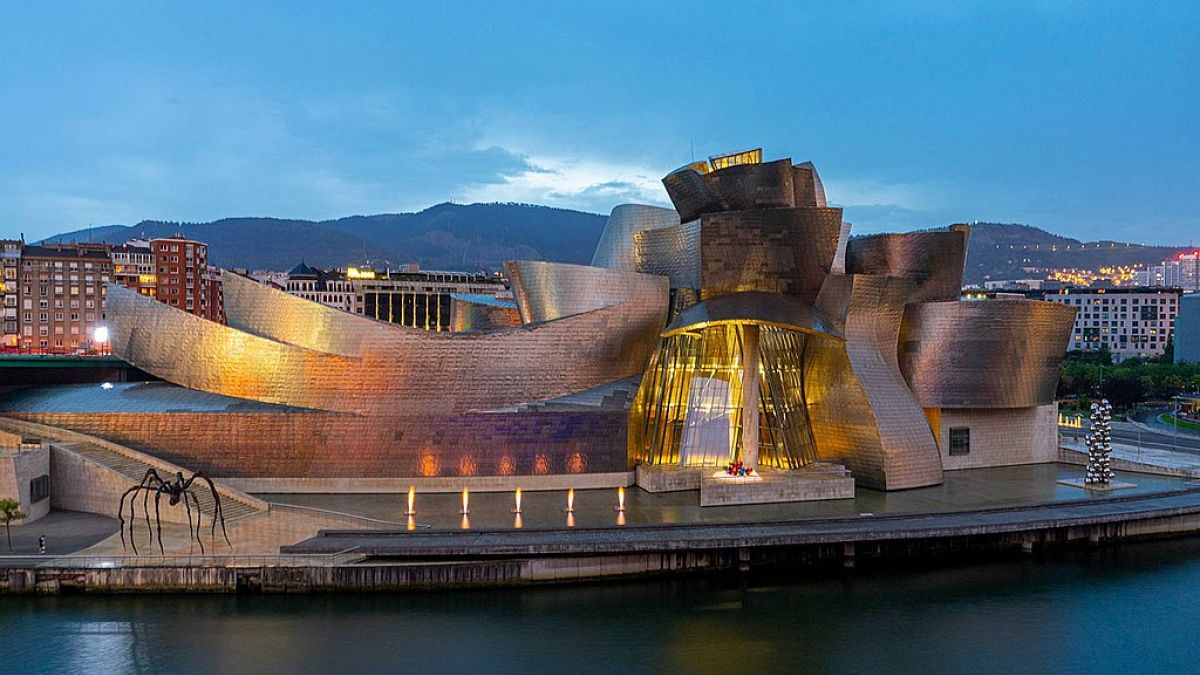The museum’s plans for two new sites – one in Guernica and another within the Urdaibai reserve – have drawn ire from activists who warn of environmental degradation.
Plans to establish a new Guggenheim Museum outpost in Guernica and the Urdaibai biosphere reserve in Spain have ignited controversy.
While supporters argue that the development could rejuvenate Spain’s northern Basque region economically and culturally – particularly given that the Guggenheim’s Bilbao flagship is lauded as a key factor in the city’s economic and social transformation – critics have expressed concerns about potential harm to the protected natural area.
The proposed museum would be located across two sites: one in the town of Guernica (famous not least for the eponymous Picasso painting) and another within the Urdaibai reserve.
Opponents, including Greenpeace and Ecologists in Action, contend that the project was launched without sufficient public consultation and warn that it could transform the area into a tourist hotspot, resulting in irreversible environmental damage. They fear that an influx of tourists will necessitate new infrastructure – such as roads and hotels – that could compromise the biosphere reserve’s protected status.
Although the project’s proponents, including (unsurprisingly) the Guggenheim Foundation and the Basque government, view the museum as a way to generate jobs, stimulate local businesses, and enhance essential services like transportation and healthcare, not everyone is convinced.
Sceptics question whether tourism is the right approach for the area, highlighting concerns about the broader economic and environmental implications. The new museum is projected to attract at least 140,000 visitors annually, sounding alarm bells that this influx could disrupt the local ecosystem, which supports both wildlife and migratory birds.
“The main thing here is that the project isn’t the result of any diagnosis, programme or planning,” Joserra Díez, a member of the Guggenheim Urdaibai Stop platform, told the Guardian. “It’s just something that’s cropped up because of the hunger of the Guggenheim Foundation in Bilbao to see how it can extend its successful museum project.”
Basque officials, however, maintain that the project is still in its early stages and that public consultations will occur ahead of any final decisions. They assert that the development will align with environmental protection measures, and that the museum plans to manage visitor numbers to mitigate any potential harm.
“According to the development figures, this area is the second most depressed part of the Basque Country…,” Juan Ignacio Vidarte, the director-general of the Guggenheim Bilbao, said. “We think a certain kind of tourism – but not just any kind of tourism – is compatible [with Urdaibai’s status as a natural reserve] and we think the project we’re proposing has taken that very much into account.”
Amidst a (sometimes aggressive) backlash against tourists and tourism across Spain in recent years – including visitors being sprayed with water pistols in Barcelona – many local residents fear overtourism may soon be on their doorsteps too.
Additional sources • Guardian

